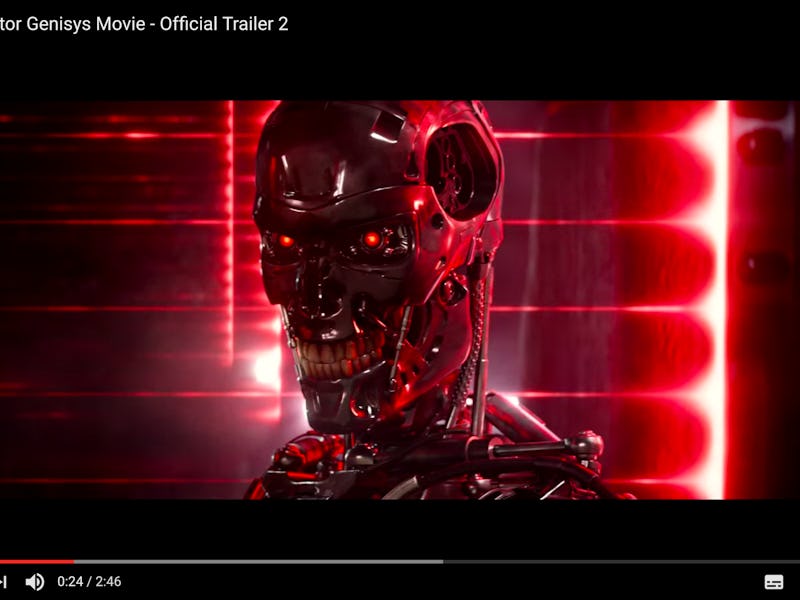Brad Wardell: Robot Automation Will Crush the Revolution

Robots will be used to suppress attempts by the masses to rise up, a CEO who works with artificial intelligence has warned. Brad Wardell, founder of software company Stardock, said that automation will replace more and more jobs; but the elite few left with all the wealth will be able to crush any attempts to rebel with an array of security machines.
“My day job is to evaluate technology and try to predict where it’s going to go next,” Wardell said in a blog post published Monday. “And with that, I am telling you the automation revolution isn’t happening soon. It’s happening right now.”
Initiatives aimed at protecting workers made obsolete – like the universal basic income – are not a given, especially if those in charge of the machines don’t have any incentive to worry about the working class. With adequate protection for accumulated wealth, Wardell believes the societal shift brought about by automation could be catastrophic.
“What we do as a civilization, will define my generation,” Wardell said. “I pray we figure it out. Nothing scares me more than a future of split between the Gods and the Useless.”
This is not a future issue. Citing Bureau of Labor Statistics (BLS) figures, Wardell found that 50 percent of Americans work in areas ripe for automation: factory work, construction, retail, transportation, business services and healthcare account for half of all jobs in the U.S.. Unemployment rates during the Great Depression, by comparison, were only 25 percent.
Even highly-trained professionals like lawyers may go the way of the dodo, according to Wardell. This is something in the initial stages, with the DoNotPay chatbot helping people with parking tickets and housing issues. Creator Joshua Browder believes the technology could even be expanded to cover refugee applications.
Avoiding this scenario requires careful planning, something Wardell believes humanity has not yet done.
“We are not ready for this,” he said. “We are oblivious now and we will remain oblivious until it’s far too late for our society to adapt carefully.”